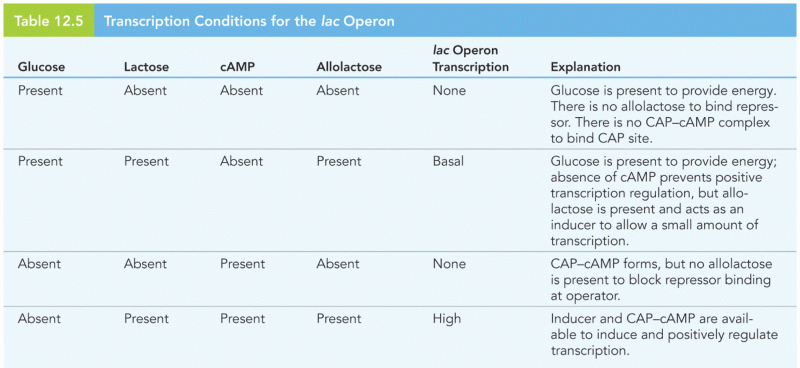|
|
|
Nearly 31 million adults in America have a total cholesterol level that is more than 240 mg per dL.
There are more nerve cells in one human brain than there are stars in the Milky Way.
To maintain good kidney function, you should drink at least 3 quarts of water daily. Water dilutes urine and helps prevent concentrations of salts and minerals that can lead to kidney stone formation. Chronic dehydration is a major contributor to the development of kidney stones.
To prove that stomach ulcers were caused by bacteria and not by stress, a researcher consumed an entire laboratory beaker full of bacterial culture. After this, he did indeed develop stomach ulcers, and won the Nobel Prize for his discovery.
There are more sensory neurons in the tongue than in any other part of the body.







